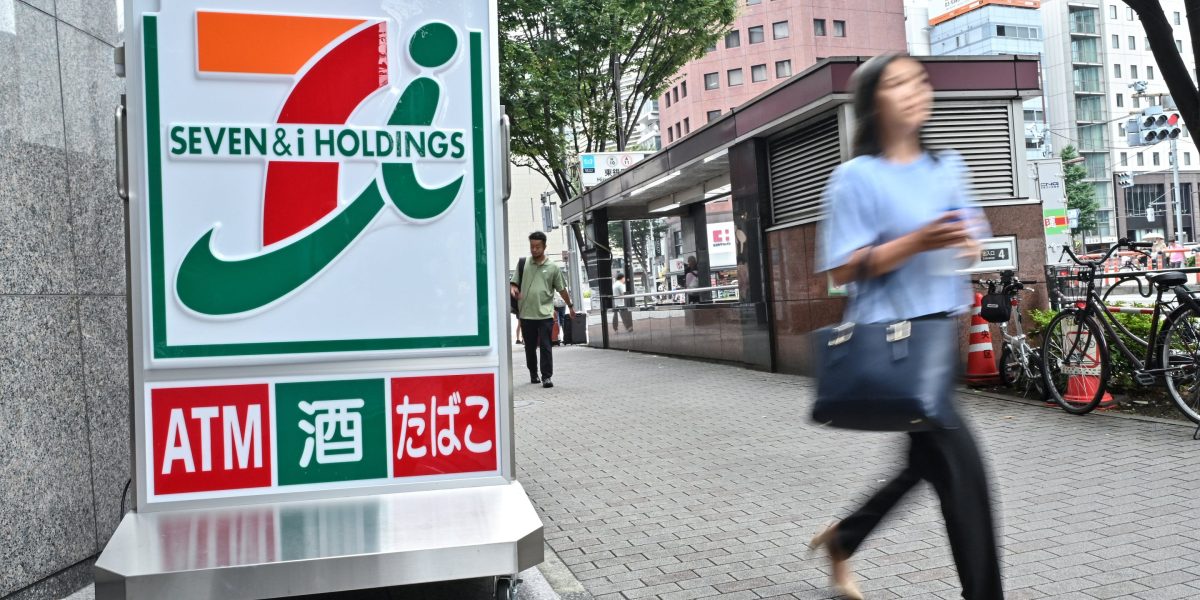The Japanese finance ministry on Friday designated the parent company of 7-Eleven a “core” industry, a move that could make a takeover by Canadian rival Couche-Tard more difficult.
Other entities rated the same in Japan include manufacturers in the nuclear, rare earths, and chip industries, as well as cybersecurity and infrastructure operators.
Last week Seven & i — Japan’s biggest retailer and owner of the global 7-Eleven convenience store chain — rejected an initial buyout offer from Alimentation Couche-Tard (ACT).
The Japanese company said the proposal, which roughly matched its market value of around $40 billion, “grossly undervalues” its business and could face regulatory hurdles.
Such a purchase, mooted since August, would be the biggest foreign takeover of a Japanese firm.
In response, ACT — which owns the Circle K chain — said on Sunday it would pursue the buyout and was “highly confident that we have sufficient capacity to finance the transaction”.
The finance ministry included Seven & i in a regular update on national security classifications of various companies.
“Core industries are those industries for which advance notification is required” because there is “a significant risk of damage to national security”, Japan’s Cabinet explains on its website.
The “advance notification” system means authorities have the power to issue a cease and desist order, including to foreign investors in certain cases.
Seven & i, however, said Friday the rating “has nothing to do with the takeover offer from ACT” as the list was updated based on “the ministry’s inquiry in June.”
As the world’s biggest convenience store chain, 7-Eleven operates more than 85,000 outlets globally.
Around a quarter of those are in Japan, where it is a beloved institution, selling everything from concert tickets to pet food and fresh rice balls.
While the brand began in the United States, it has been wholly owned by Seven & i since 2005.
Seven & i Holdings also includes major supermarket operator Ito-Yokado and restaurant operator Denny’s Japan.
It is the second-largest shareholder of Tower Records, a once-popular US record store that went bankrupt, making it one of its affiliated companies.
The first 7-Eleven store opened in Japan in 1974 after Japanese retailer Ito-Yokado signed a licence agreement.
7-Eleven became the nation’s largest convenience store chain, offering a range of services including banking, thanks to a Japanese businessman who worked side-by-side with Ito-Yokado’s founder.
The retail giant also expanded its business further by acquiring a company that operates department stores.
In recent years, however, Seven & i has come under pressure from activist shareholders to sell its Ito-Yokado supermarket chain.
In the year to February 2024 the group posted a net profit of 224 billion yen ($1.7 billion).
ACT operates more than 16,700 outlets in 31 countries and territories.


